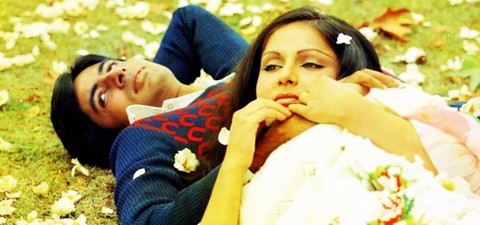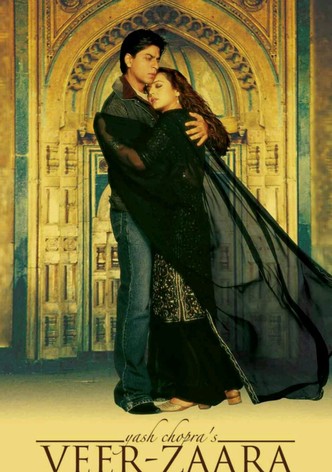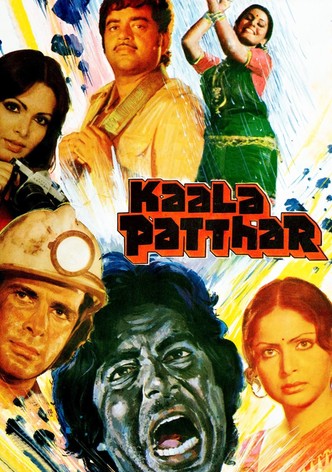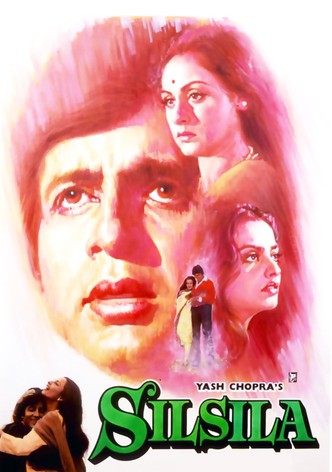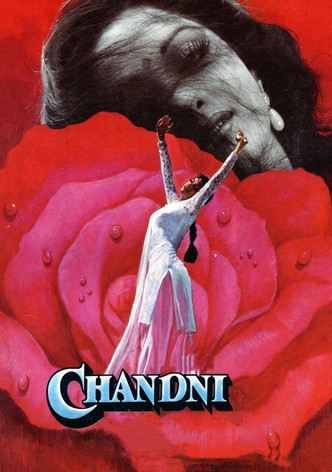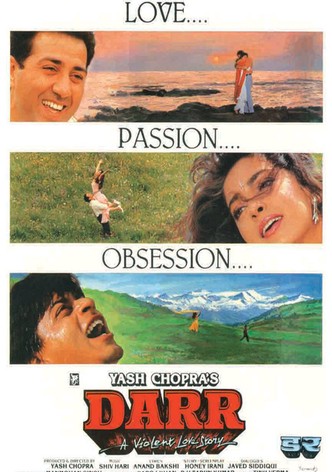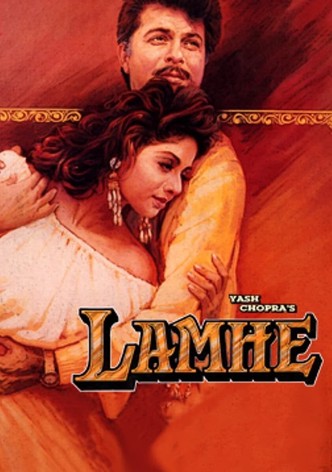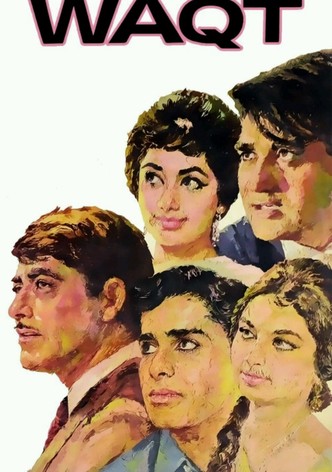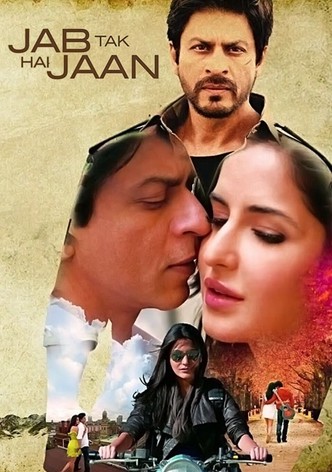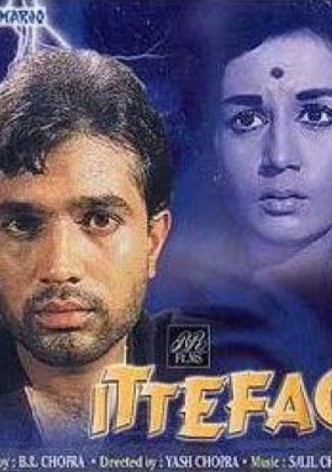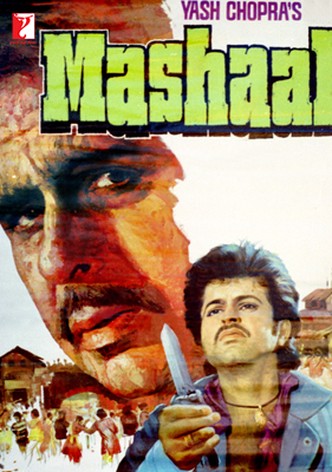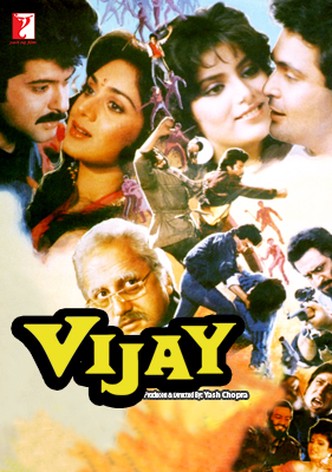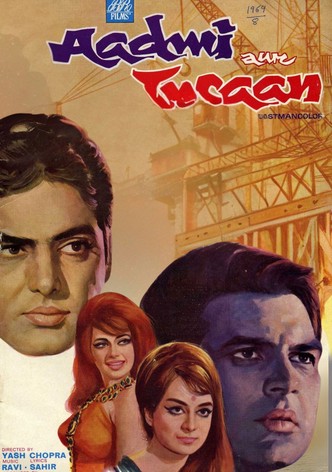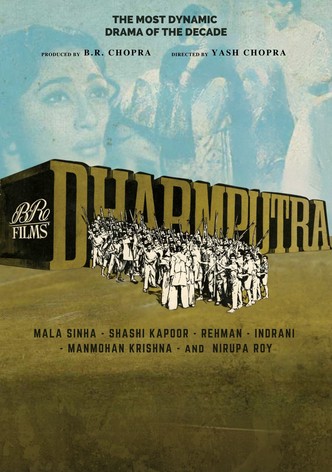Yash Chopra, an iconic figure in Indian cinema, remains eternally embedded in the hearts of cinephiles as a visionary filmmaker whose contributions have shaped the landscape of Bollywood. His illustrious career spanning several decades is a testament to his ability to craft timeless stories that seamlessly blend emotion, romance, and social commentary. This essay explores the remarkable journey of Yash Chopra as a film director, highlighting the key aspects of his cinematic genius.
Yash Chopra's Early Life and Entry into Filmmaking
Born on September 27, 1932, in Lahore (now in Pakistan), Yash Chopra started his career in the film industry at a young age. His entry into filmmaking can be traced back to the family business, as his father owned a film distribution company. Yash Chopra's early experiences in the industry laid the foundation for his deep understanding of the cinematic craft.
Evolution of Yash Chopra's Style
Yash Chopra's directorial journey began with the film Dhool Ka Phool in 1959, and from then on, there was no looking back. His early films showcased a director experimenting with various genres, and it was evident that he was honing his skills. The turning point came with Waqt (1965), a family drama that marked the beginning of his association with the concept of multi-starrers, a trend that later became synonymous with his name.
Romance and Music
Chopra's name became synonymous with timeless romance. His ability to capture the essence of love on screen, often set against breathtaking backdrops, earned him the title of the King of Romance. Films like Kabhi Kabhie, Silsila, and Chandni showcased his knack for portraying the complexities of human relationships with finesse. Additionally, Yash Chopra's films are often remembered for their soul-stirring soundtracks, with music playing a pivotal role in enhancing the emotional resonance of his narratives.
Social Commentary in Yash Chopra's Filmography
While romance was a recurring theme, Yash Chopra's films were not limited to the realm of love. He exhibited a keen sense of social responsibility, using his directorial prowess to address pertinent societal issues. Deewaar, a gritty drama exploring the conflict between two brothers, and Kala Patthar, shedding light on the lives of coal miners, exemplify his commitment to socially relevant storytelling.
Technological Advancements and Global Recognition
Yash Chopra embraced technological advancements in filmmaking, evident in his later works like Dil To Pagal Hai and Veer-Zaara. These films not only showcased his adaptability but also resonated with a global audience, earning him international acclaim. Veer-Zaara, in particular, was praised for its cross-border love story and nuanced portrayal of Indo-Pak relations.
The Legacy of Yash Chopra
Yash Chopra's legacy extends beyond his directorial prowess. His production house, Yash Raj Films, founded in 1970, has become a powerhouse in the Indian film industry, producing critically acclaimed and commercially successful films. The baton has been passed to his son Aditya Chopra, ensuring that the Yash Chopra cinematic legacy continues to thrive.
Why Deewaar is Yash Chopra's best movie?
Yash Chopra's romances have aged well but it's Deewaar that shines as the complete package, thanks to Amitabh Bachchan's era-defining performance, and Salim-Javed's razor-sharp screenplay. The story of two brothers separated in their adolescence doubles as a dramatic crime thriller and an emotional mother-son tale. Bachchan plays the underdog gangster Vijay while Shashi Kapoor shines in a supporting performance as his brother, the morally righteous cop Vijay. The brothers' emotional confrontation culminating in the dialogue "mere paas maa hai" continues to be referenced in Indian pop culture.
Where can you stream Yash Chopra's filmography?
Netflix, Prime Video and Zee 5 are some of the leading sources to stream Yash Chopra's movies.

